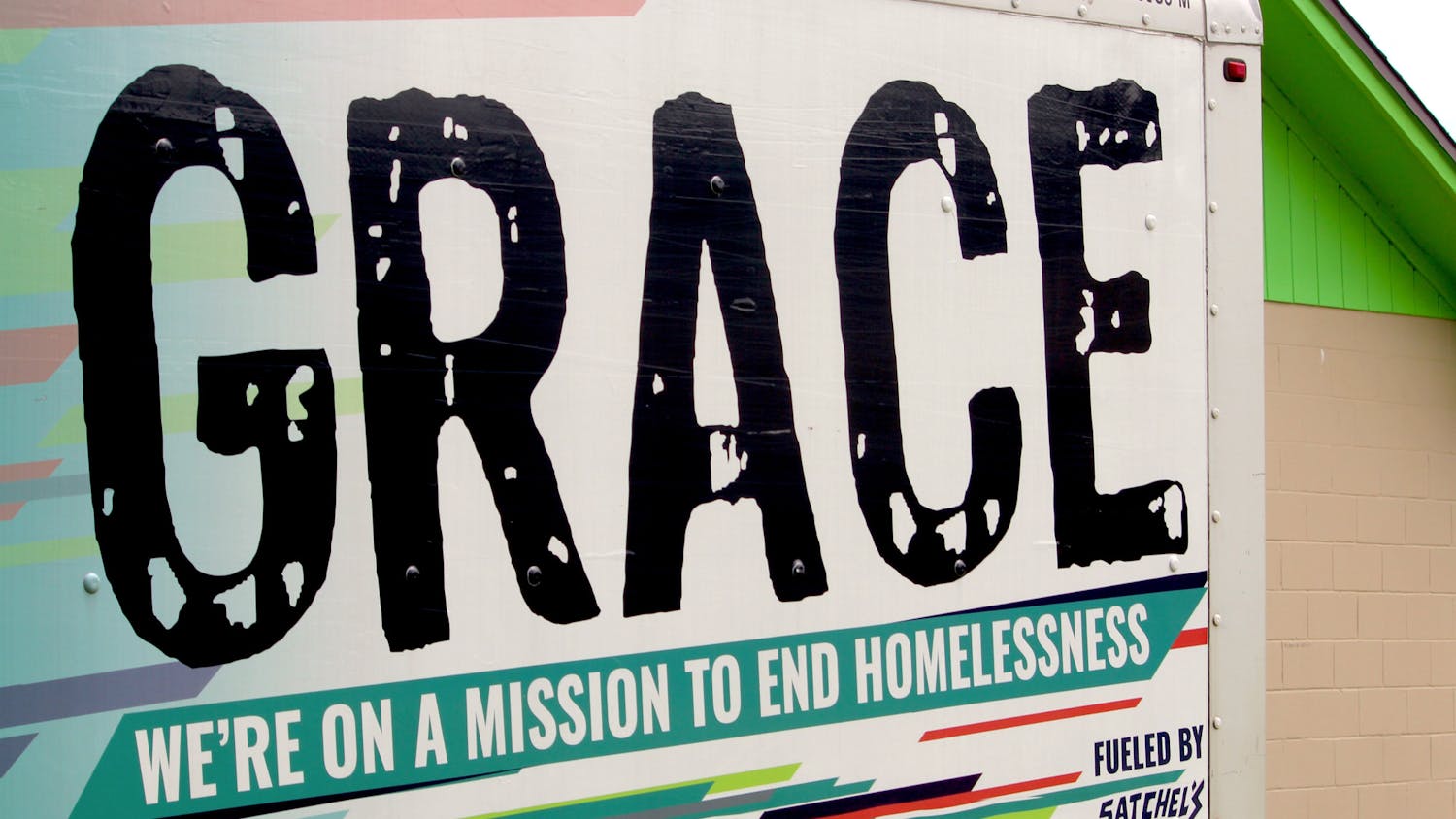For the first time in nearly 30 years, Gainesville's St. Francis House will have to slash the number of meals it serves on Thanksgiving and Christmas from more than 400 to 130.
Staff and volunteers found out Oct. 21 that the cap would be enforced for the holidays this year after the city commission received an anonymous e-mail about the high number of people served on Thanksgiving and Christmas.
Until now, St. Francis House staff believed holiday meals were an exception to the rule, according to St. Francis House executive director Kent Vann.
"This year, the city has decided that this limit applies to holiday meals even though, for some reason, they have never enforced it up to this point," he said. "It's just a requirement we have to meet, but we just aren't really sure why."
According to Gainesville spokesman Bob Woods, the limit was designed to weigh the negative impacts of the work St. Francis House does against the benefits.
"What city government is supposed to do is address the needs of the community while still respecting the rights of the property owners, who don't always see things the same way," Woods said. "People sometimes forget that even though St. Francis House is doing a great job, property owners also have rights."
Woods said the City Commission didn't know about the shelter breaking the cap until it got the e-mail.
While Vann said he was unsure exactly what St. Francis House would do, Woods said that the Gainesville city staff has been working in cooperation with St. Francis House to resolve the issue.
He said a recommended action plan has been created and forwarded to the City Commission and will be discussed at the Nov. 5 commission meeting.
Woods couldn't discuss the contents of the plan until it is reviewed by the City Commission, but he had an idea what the next step may be.
"In the short term, I think the city will work with St. Francis House to try to figure out how to observe the 130-meal limit in the downtown location but still get everyone a meal who needs one," Woods said.
He also believes that more responsibility will fall to local religious organizations.
"We need more faith-based institutions to step up to the plate. It is not fair that St. Francis House should bear this burden alone," Woods said. "Some do consistently provide assistance, but we need more."
But Vann said he there's no easy way to limit people, and he isn't comfortable with lowering the number of meals.
The holiday meals, which are served by about 200 volunteers, usually consist of turkey, dressing, cranberries, vegetables, dessert and other traditional holiday foods, and on Christmas, stockings and toys are also given to children.
Vann hopes St. Francis House can compromise with the city and the holiday meals will be allowed to continue as before.
"Our holiday meals have become something of a family thing," he said. "It would be a shame to lose that."





